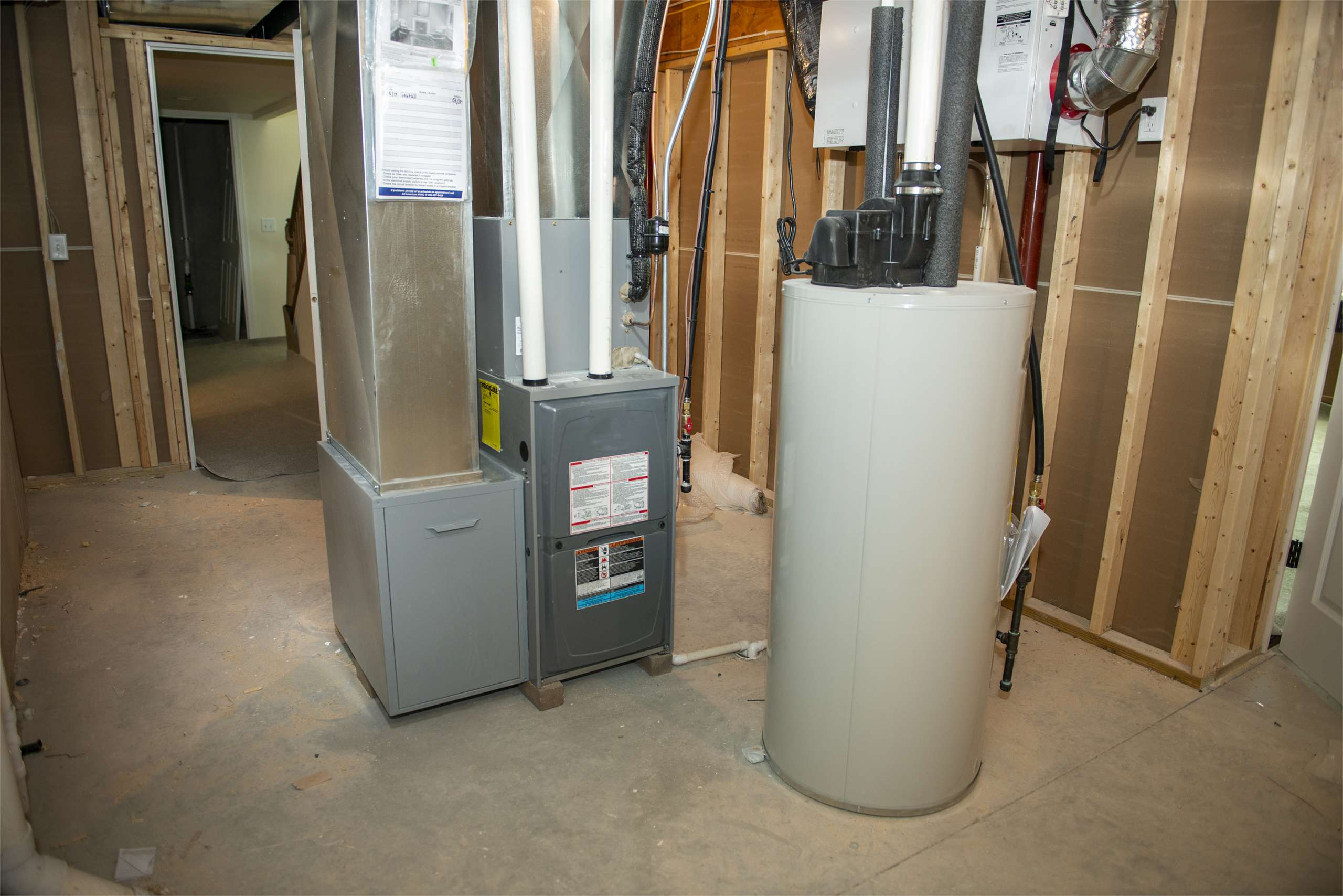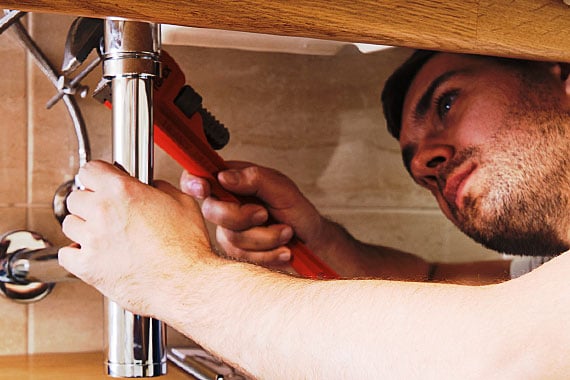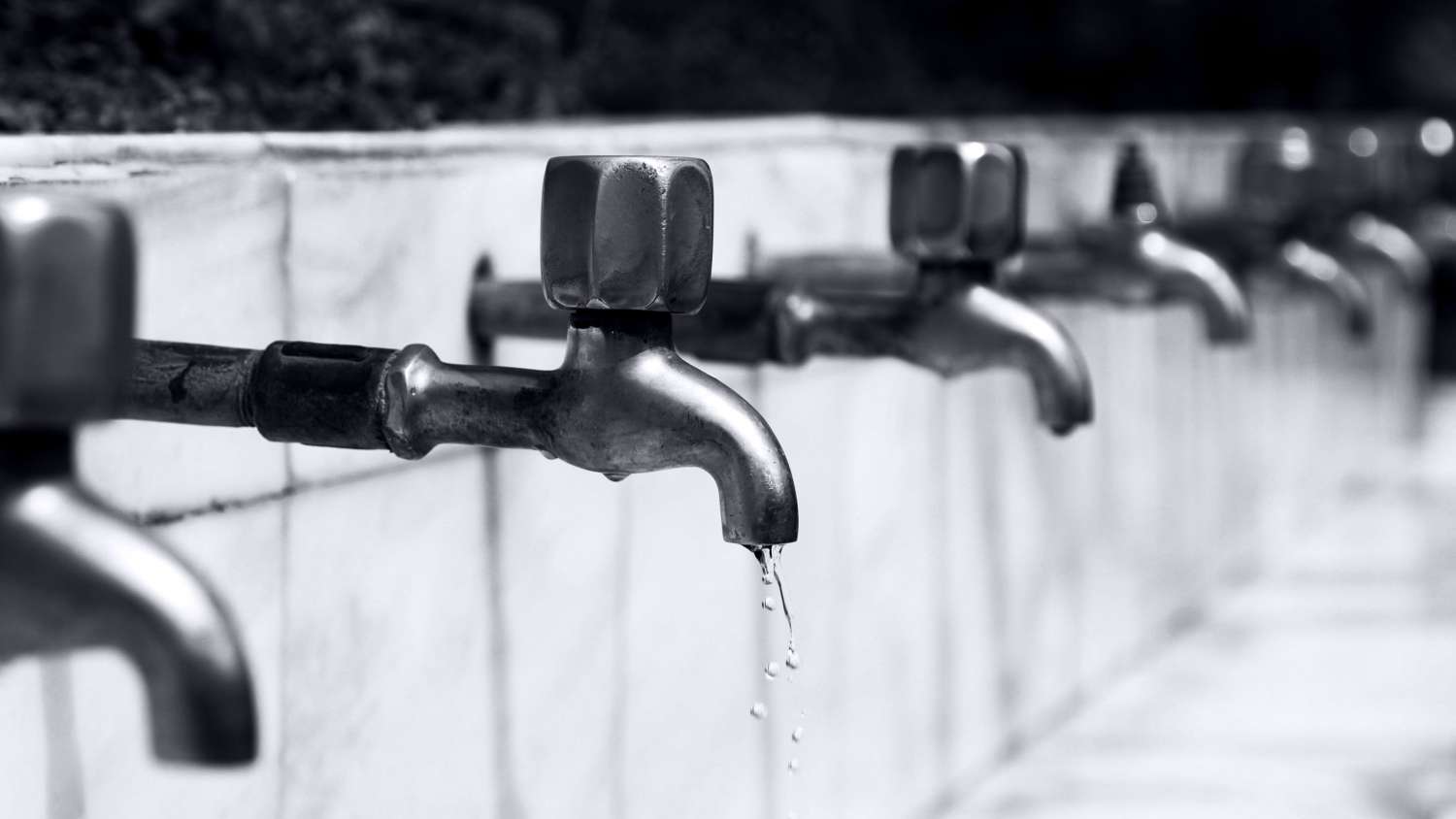Water heaters are complex and expensive household appliances that are essential to everyday life, yet most of us don’t give them much thought until they fail. If you’re wondering if it’s time to replace your water heater, here are five signs it might be past its prime.
Does your water heater leak?
Leaky water heaters can waste hundreds of gallons of water every year. To see if your water heater is leaking, fill a 5-gallon bucket with water and place it under the water heater. If the bucket is empty within an hour, then it’s probably leaking. Check your water heater for leaks once a month. Don’t get a multiport/multiway water heater if your basement is below or near your home’s floor.
If water leaks in your basement are frequent, it may be time to replace your water heater. Potential problems with leaking water heaters include cracking rubber seals, surface condensation, and blocked drains. Water damage increases homeowners’ insurance costs and can affect appliance efficiency and performance. Leaking water heaters can damage interiors and shorten the life of appliances. Contact a professional if you have questions about this issue or if you have an inter-related problem with your water heater.
While most people start thinking about getting a new water heater when they notice bricking, there’s a myriad of reasons why your old one might be flaking away. Don’t let old water heaters destroy your inner peace. If you have an aging water heater, make it a priority to properly maintain it.
Let’s face it: Water is a precious commodity. The less you have to spend on quality water, the better. If your water bill is high and you’re looking for a way to cut back on your water use, then consider upgrading to a water heater. However, if you don’t mind spending money on a quality water heater, there are more affordable options you can consider.
From water heaters to kitchen equipment, washing machines to toilets, appliances are among the most expensive household goods to purchase. If you need to replace an appliance and are on a tight budget, you can save a huge amount of money by minimizing your outlay. Invest in the machinery that will serve you for decades, and be prepared to learn how to maintain it.
Is your water heater old?
It’s usually a good idea to replace your water heater every 10-12 years. If you have an older water heater, the leaks can add up to a lot of money. A new water heater will not only be more cost-efficient, but it will be safer.
The primary function of a water heater is to heat water for domestic or commercial use. With the exception of a few models, water heaters do not cool water. So, if your water heater fails immediately or fails over time, there’s a good chance the major leaks can lead to major damage to your home, especially if you’re not sure what the problem is.
These appliances often fail for a variety of reasons. The most common is dirt, grime, or other debris which clogs x-inverters or breaks x-strips that connect the heater and the tank to the boiler or water tank. Other reasons are excessive heat lost to convection, which can cause condensation to form on the sides of the tank or the water heater. And finally, if the heater is wired incorrectly, there’s a good chance the water supply can dry out or be damaged.
If the leaks are obvious, it’s probably time to replace the water heater. If the problem is more subtle, or your current water heater isn’t working well for your use and you don’t think the problem is serious, it’s probably not.
First, the main problems are likely to be visible. After all, your home is your main workplace for life. Consider sealing leaks and freezing cracks before replacing a water heater. Additionally, use a water heater safety guide to avoid common hazards and repair common problems.
You can also check general conditions, such as leaking x-strips, leaking water heaters, or other problems.
If you have a “flooded” pump, the main cause is probably overheating. Even if you’re not leaking anything, the water that reaches the heaters can get very hot and make the pump work harder to control.
Is your water heater too small for its application?
Water heaters are supposed to last 10-15 years. If your water heater is more than 10 years old, consider replacing it. If your water heater is 5 years old, consider replacing it. If it’s less than 5 years old, consider replacing it for a newer, more energy-efficient heater.
You’re reading this article on Insider because your water heater seems to have stopped working. Maybe there’s a leak, maybe it’s time to replace it altogether, or maybe it lost power. Here’s what you should do when your water heater loses power.
First, check the fuel tank and heater controls to see if there’s anything going on with them. It’s probably because of a regulator that’s plugged. If it’s a simple problem, it won’t be that hard to fix. Just take the tank out and swap out the main wiring and/or regulator. For more difficult problems — especially those that won’t come apart and you need to jack up your house — don’t be afraid to call an expert or hire a plumber.
If it’s a fluid or mechanical problem, check the heater evaporator coils for debris, as well as the heating element itself. The only difference between a minor and major problem is how quickly it gets resolved.
If your water heater is a minor problem, it probably won’t affect your gas bill. To determine if your own system is a problem, contact your utility. If your water heater gets plugged, call your utility right away. Otherwise, move on to minor problems.
Water heaters generally don’t last more than 10 years. If your water heater is more than 10 years old, it’s likely time to replace it. Once it reaches 10 years old, it’s most likely time to replace it. However, 10 years is no indication that your old water heater is a major problem, so don’t panic. If it seems to be working, replace it for the long run, whether it’s 10 or 15 years old.
Does your water heater have sediment buildup?
If your water heater has been in your home for years, it’s possible that sediment has collected at the bottom of it. Sediment buildup can be a problem because it can cause the water to heat unevenly. The sediment can also be a source of bad smells.You’ll probably only notice a problem if you’re unfazed by having to empty a full water tank every day. The fumes will leave your house fairly quickly, at which point the problem shouldn’t even be obvious.
But if the smell is unbearable, or if the water stays too warm for too long, it’s time to replace your water heater. Furnace design and boiler internals play a significant role in determining the performance and longevity of a water heater. So check your home for any irregularities.
Check for any damage that might indicate imminent failure or lack of maintenance. (If you need to replace your water heater anyway, find a professional plumber or engineer, even if you think your problem is structural. Chances are, they can fix it without risking your health.)
When my water heater started getting sluggish, I took it to a local mechanic who quickly confirmed my suspicion. He also had an easy fix for the sediment buildup. Usually, push all the gravel out of the way, refill the tank with distilled water, and push it back into place. Simple!
Of course, there can be other causes for water heater slowness. If you live on a warm floor with very hot water coming from a boiler on the top floor, you could see a lot of heat build up in your water tank. This causes the water to quickly run off the heater, which can lead to a build-up of hot water and steam in your home. A pump will service the water heater and flush out the tank. (The best care is to pump the water tank back when you’re done using it.)
For a more permanent fix, run water through a steam cleaner powered by electricity.
Is your water heater missing safety features like an oxygen depletion sensor or an anti-scald device?
You should check your water heater to ensure it has safety features like an oxygen depletion sensor and an anti-scald device. These features are important because they can help prevent fires and scalding.
According to the National Fire Protection Association (NFPA), a professional water heater can last up to 150 years, but there are simple, low-cost methods to extend its useful life.
According to the NCPHA, most water heaters have a temperature range of 194 to 248 degrees Fahrenheit. If your water heater isn’t able to maintain that temperature, it could fail catastrophically and need to be replaced.
While most water heaters have a 10- or 15-year warranty, this doesn’t mean it’ll still be performing at its full potential after that. If you’re worried your $100 water heater might have bad parts that could fail catastrophically, contact your water company and find out whether a high quality water heater has a warranty. If yours doesn’t, find an installer that specializes in water heaters.
Here are a few signs your water heater might be failing:
- According to the Water Science Society, temperature shocks can damage your heater’s interior components. If your water heater accidentally experienced a high temperature shock and you don’t take action, this could result in a leak.
- To check your water heater’s interior components, look in the area around the top of the water tank. This should look like it’s seared to the metal, but there are chinks and crevices beneath the surface where crud and debris could sneak in.
- If the water tank is sealed well, you should be able to see nothing here. If there’s debris inside the tank, it’ll likely be visible if you open the tank.
- When discussing your water heater repair, it’s helpful to have an idea of the water tank’s capacity. This information will help determine how much water the tank can hold and will help determine how much power the water heater needs.
If you think you might need a new water heater, call AVH Plumbing at (813) 536-5401. You can also use our appointment booking system.


